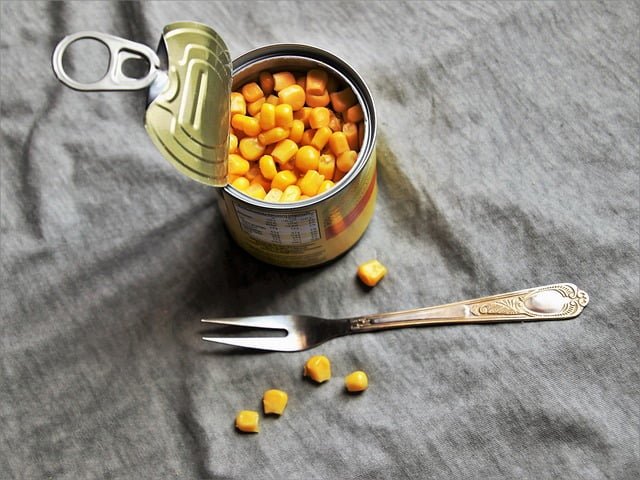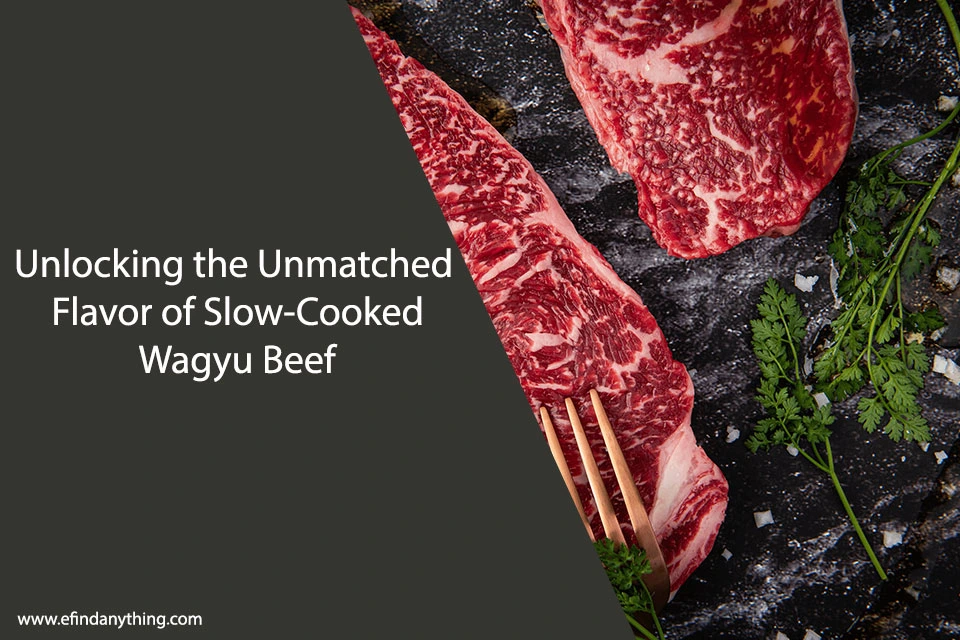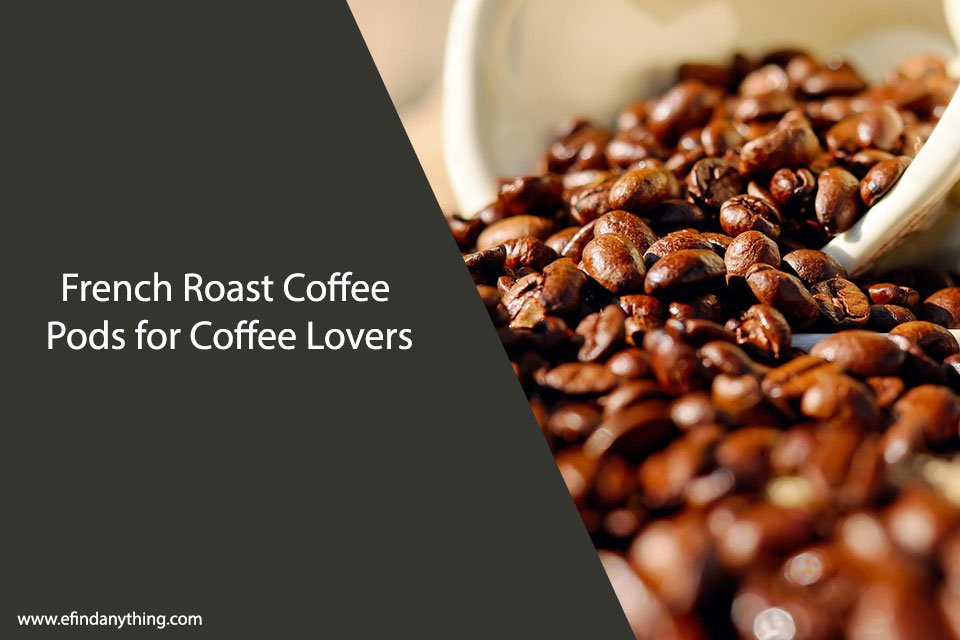Canned corn is a popular ingredient in many households. It’s a convenient and affordable way to add a vegetable to your meals. However, if you’re watching your calorie intake, you may be wondering how many calories are in canned corn.
One cup of canned corn typically contains around 165 calories. This can vary slightly depending on the brand and whether or not the corn is packed in water or syrup. While this may seem like a lot of calories for a vegetable, it’s important to remember that corn is a starchy vegetable and contains more carbohydrates than other vegetables like broccoli or green beans.
If you’re looking to reduce the calorie content of your meals, there are a few ways you can still enjoy canned corn. One option is to choose a lower calorie version, such as canned corn packed in water instead of syrup. Another option is to use canned corn as a topping or garnish rather than a main ingredient. By using a smaller amount of corn, you can still enjoy the flavor without consuming too many calories.

What are Calories?
Calories are a unit of measurement used to quantify the amount of energy in food. More specifically, a calorie is the amount of energy required to raise the temperature of one gram of water by one degree Celsius. In nutrition, we use kilocalories (kcal), which are equivalent to 1,000 calories, to measure the energy content of food.
The number of calories in a food depends on the amount of carbohydrates, proteins, and fats it contains. Carbohydrates and proteins provide 4 calories per gram, while fats provide 9 calories per gram. Alcohol, which is not a nutrient, provides 7 calories per gram.
It is important to note that not all calories are created equal. The source of the calories matters. For example, a 100-calorie serving of broccoli provides more nutrients and fiber than a 100-calorie serving of candy. Therefore, it is important to consider the overall nutrient content of a food, not just its calorie content.
When it comes to weight management, calories are important. Consuming more calories than we burn leads to weight gain, while consuming fewer calories than we burn leads to weight loss. However, it is important to maintain a balanced diet and not rely solely on calorie counting for weight management.
Understanding Canned Corn
Canned corn is a popular ingredient in many dishes, from salads to casseroles. It is a convenient and affordable way to add flavor and nutrition to meals. In this section, we will explore the basics of canned corn, including its nutritional value, cooking methods, and storage tips.
Nutritional Value
Canned corn is a good source of fiber, vitamins, and minerals. One cup of canned corn (165 grams) contains approximately:
- Calories: 132
- Protein: 4 grams
- Fat: 2 grams
- Carbohydrates: 29 grams
- Fiber: 3 grams
- Vitamin C: 12% of the Daily Value (DV)
- Thiamin (Vitamin B1): 10% of the DV
- Folate (Vitamin B9): 10% of the DV
- Potassium: 8% of the DV
- Magnesium: 6% of the DV
It is important to note that canned corn may contain added salt and sugar, so it is important to check the label and choose varieties with no added ingredients.
Cooking Methods
Canned corn can be eaten straight out of the can, but it can also be cooked in a variety of ways. Here are some cooking methods to try:
- Boiling: Drain the canned corn and add it to a pot of boiling water. Cook for 3-5 minutes, then drain and serve.
- Grilling: Drain the canned corn and brush it with olive oil. Grill on high heat for 2-3 minutes per side, until charred.
- Roasting: Drain the canned corn and spread it out on a baking sheet. Drizzle with olive oil and sprinkle with salt and pepper. Roast at 400°F for 15-20 minutes, until golden brown.
Storage Tips
Canned corn can be stored in a cool, dry place for up to two years. Once opened, it should be transferred to a covered container and stored in the refrigerator for up to a week. It can also be frozen for up to six months. When freezing canned corn, it is best to transfer it to a freezer-safe container or bag and remove as much air as possible before sealing.
Overall, canned corn is a versatile and nutritious ingredient that can be enjoyed in a variety of dishes. By understanding its nutritional value, cooking methods, and storage tips, you can make the most of this pantry staple.
Calories in Canned Corn
Canned corn is a popular ingredient in many dishes, from salads to soups to casseroles. It is a convenient way to add some sweetness and crunch to your meals, but how many calories does it contain?
One cup of canned corn (165 grams) contains approximately 165 calories, 2.5 grams of fat, 32 grams of carbohydrates, and 5 grams of protein. It also provides some fiber, potassium, and vitamin C.
It is important to note that the calorie content can vary depending on the brand and the type of corn used. Some canned corn may contain added sugar or salt, which can increase the calorie count and affect the overall nutritional value. Therefore, it is always a good idea to check the label and choose a product that fits your dietary needs and preferences.
If you are watching your calorie intake, you can still enjoy canned corn in moderation. One cup of corn can be a satisfying and filling addition to your meal, especially when paired with other healthy ingredients like lean protein and vegetables.
Overall, canned corn can be a tasty and convenient way to incorporate some variety into your diet. Just be mindful of the calorie content and choose a product that aligns with your nutritional goals.
Nutritional Breakdown
When it comes to canned corn, it’s important to know what you’re consuming. Here’s a breakdown of the nutritional value of canned corn:
Calories
A 1/2 cup serving of canned corn typically contains around 60-80 calories, depending on the brand and preparation method. This makes it a relatively low-calorie option for those looking to watch their intake.
Carbohydrates
Canned corn is a good source of carbohydrates, with around 12-15 grams per serving. However, it’s important to note that most of these carbohydrates come from sugar, so it’s not the best option for those following a low-sugar diet.
Protein
Canned corn contains around 2-3 grams of protein per serving, which is a relatively small amount. If you’re looking to increase your protein intake, you may want to consider pairing canned corn with a high-protein food like chicken or beans.
Fat
Canned corn is a low-fat food, with less than 1 gram of fat per serving. This makes it a good option for those looking to reduce their overall fat intake.
Vitamins and Minerals
Canned corn is a good source of several important vitamins and minerals, including:
- Vitamin C: Helps support a healthy immune system
- Vitamin B6: Plays a role in brain development and function
- Folate: Important for healthy fetal development and red blood cell formation
- Potassium: Helps regulate blood pressure and fluid balance in the body
Overall, canned corn can be a healthy addition to your diet when consumed in moderation. It’s a good source of carbohydrates, low in fat, and contains important vitamins and minerals. However, it’s important to be mindful of its sugar content and pair it with other nutrient-dense foods to balance out your meals.
Comparing with Fresh Corn
When it comes to corn, many people wonder whether canned or fresh corn is better. Here are some points to consider:
- Calorie content: Canned corn typically has a higher calorie content than fresh corn. For example, one cup of canned corn may contain around 165 calories, while one cup of fresh corn may contain around 125 calories. This is because canned corn often contains added sugars and salt.
- Nutrient content: Fresh corn is generally considered to be more nutritious than canned corn. This is because canned corn may lose some of its vitamins and minerals during the canning process. For example, fresh corn is a good source of vitamin C, while canned corn may not contain as much vitamin C.
- Convenience: Canned corn is often more convenient than fresh corn, as it requires no preparation and can be stored for longer periods of time. Fresh corn, on the other hand, needs to be shucked and cooked before it can be eaten.
- Taste: Many people prefer the taste of fresh corn to canned corn. Fresh corn has a sweeter, more natural flavor, while canned corn may taste slightly processed.
Overall, both canned and fresh corn have their pros and cons. It really depends on your personal preferences and dietary needs.
Health Benefits and Risks
Benefits
Canned corn is a great source of nutrients and can provide numerous health benefits. Here are some of the benefits of consuming canned corn:
- Rich in Fiber: Canned corn is rich in fiber, which can help regulate digestion and promote bowel regularity.
- Good for Eye Health: Canned corn contains lutein and zeaxanthin, which are important nutrients for eye health. These nutrients can help prevent age-related eye diseases, such as cataracts and macular degeneration.
- Source of Energy: Canned corn is a good source of carbohydrates, which can provide energy to the body.
- Contains Vitamins and Minerals: Canned corn contains vitamins and minerals, such as vitamin C, thiamin, and folate. These nutrients are important for maintaining good health.
Risks
While canned corn can provide numerous health benefits, it also has some potential risks. Here are some of the risks associated with consuming canned corn:
- High in Sodium: Canned corn is often high in sodium, which can increase blood pressure and put a strain on the heart.
- May Contain BPA: Some canned corn products may contain bisphenol A (BPA), which is a chemical that has been linked to health problems, such as cancer and reproductive issues.
- May Contain Added Sugar: Some canned corn products may contain added sugar, which can contribute to weight gain and increase the risk of developing chronic diseases, such as diabetes.
It is important to read the labels and choose canned corn products that are low in sodium, do not contain BPA, and do not have added sugar. Additionally, it is recommended to consume canned corn in moderation as part of a balanced diet.
Calorie Counting Tips
When it comes to monitoring our calorie intake, it can be challenging to keep track of everything we eat. Here are a few tips to help you stay on top of your calorie counting:
- Use a food diary or app: Writing down what you eat or using a food tracking app can help you keep track of your calorie intake. This will help you stay accountable and aware of what you’re consuming.
- Measure your portions: Use measuring cups or a food scale to ensure you’re accurately tracking your calorie intake. This is especially important when it comes to calorie-dense foods like canned corn.
- Be mindful of liquid calories: Beverages like soda, juice, and alcohol can quickly add up in calories. Opt for water or unsweetened tea instead.
- Focus on nutrient-dense foods: Choose foods that are high in nutrients and low in calories, such as fruits, vegetables, and lean proteins.
- Don’t skip meals: Skipping meals can lead to overeating later in the day. Make sure to eat regular meals and snacks to keep your metabolism steady.
By following these calorie counting tips, we can make informed choices about our diet and maintain a healthy weight.

Conclusion
After conducting our research on the calorie content of canned corn, we have come to a few conclusions.
Firstly, canned corn is a relatively low-calorie food option. One cup of canned corn typically contains around 165 calories, which is comparable to other vegetables like green beans and carrots.
However, it is important to note that some brands of canned corn may have added sugars or preservatives, which can increase the calorie count. It is always a good idea to check the label and ingredients list before purchasing canned corn.
Additionally, while canned corn can be a healthy addition to a balanced diet, it should not be relied upon as the sole source of nutrition. It is important to consume a variety of fruits, vegetables, whole grains, and lean proteins to ensure that you are meeting all of your nutritional needs.
In conclusion, canned corn can be a tasty and nutritious addition to your meals, but it should be consumed in moderation as part of a well-rounded diet.
Frequently Asked Questions
What are the nutritional facts of Del Monte canned corn?
Del Monte canned corn is a great source of fiber, vitamins, and minerals. A 1/2 cup serving of Del Monte whole kernel corn contains 60 calories, 1 gram of fat, 13 grams of carbohydrates, 2 grams of fiber, and 2 grams of protein. It also contains essential vitamins and minerals such as vitamin C, vitamin B6, and potassium.
How many calories are in 1/2 cup of canned corn?
There are 60 calories in a 1/2 cup serving of Del Monte whole kernel corn.
What are the different varieties of canned corn available?
Del Monte offers a variety of canned corn products, including whole kernel corn, cream style corn, and sweet corn. Each variety is available in both regular and no-salt-added options.
What is the price of Del Monte whole kernel corn in a can?
The price of Del Monte whole kernel corn in a can varies depending on the retailer and location. However, it is generally priced competitively and is an affordable option for those looking for a nutritious and convenient food option.
How many carbs are in 1 cup of corn?
A 1 cup serving of corn contains approximately 29 grams of carbohydrates.
How many calories are in 2 oz of canned corn?
There are approximately 24 calories in a 2 oz serving of Del Monte whole kernel corn.











